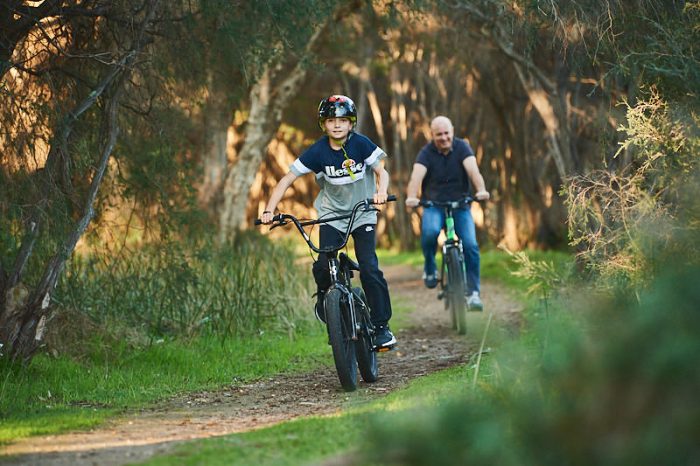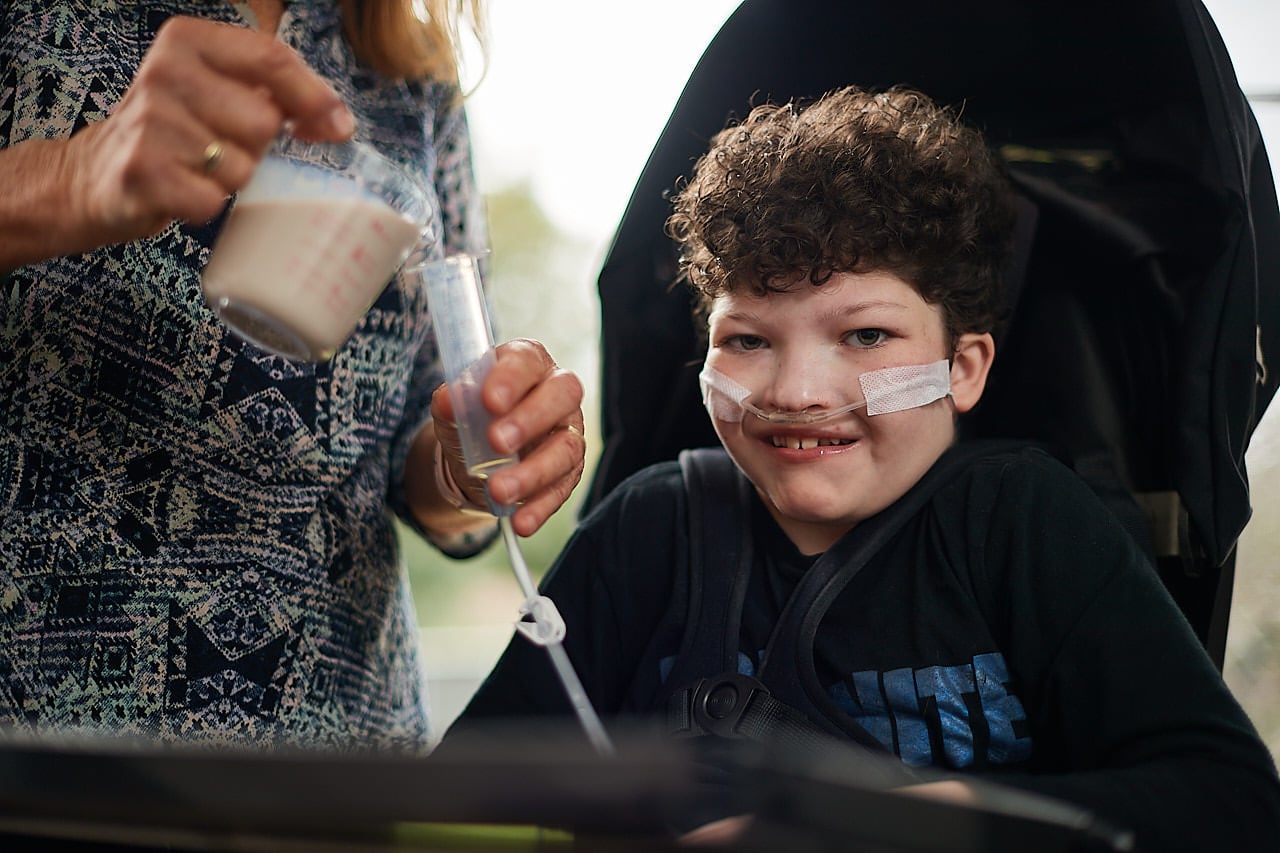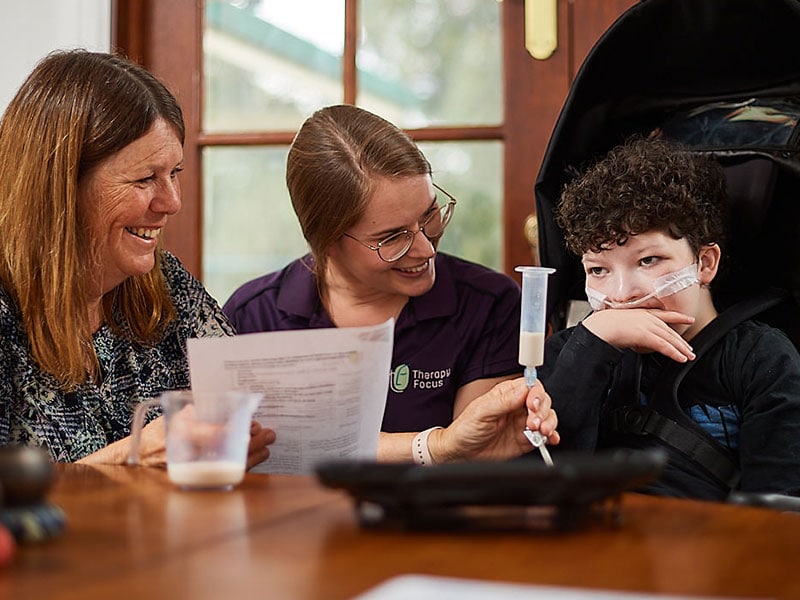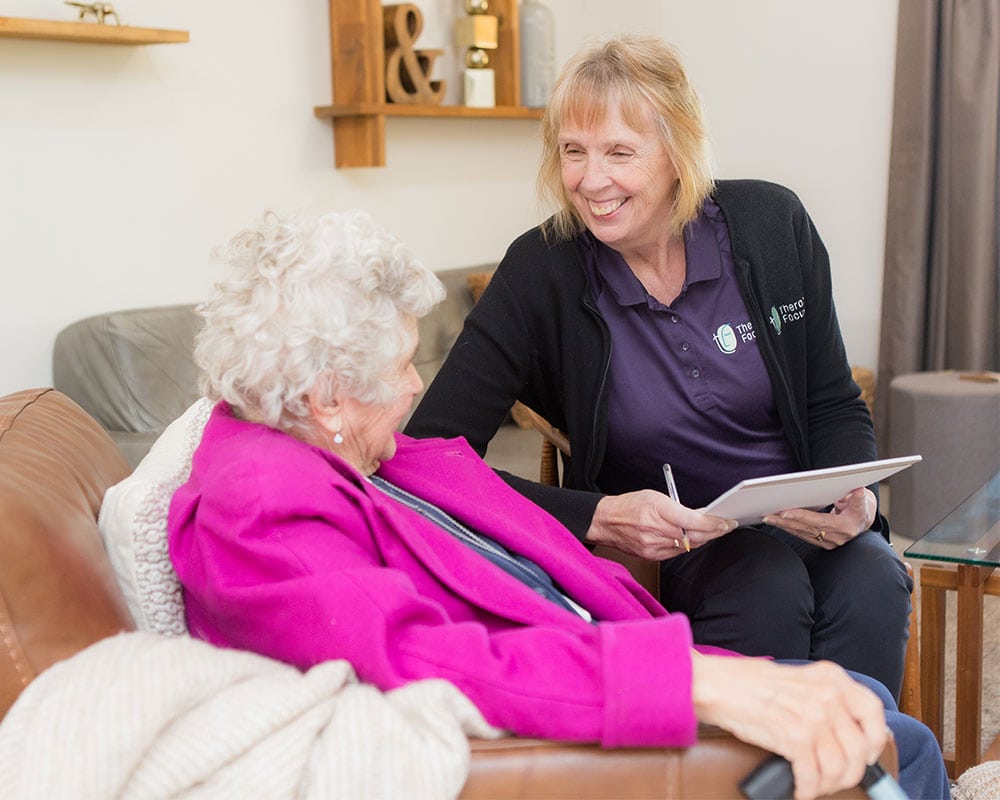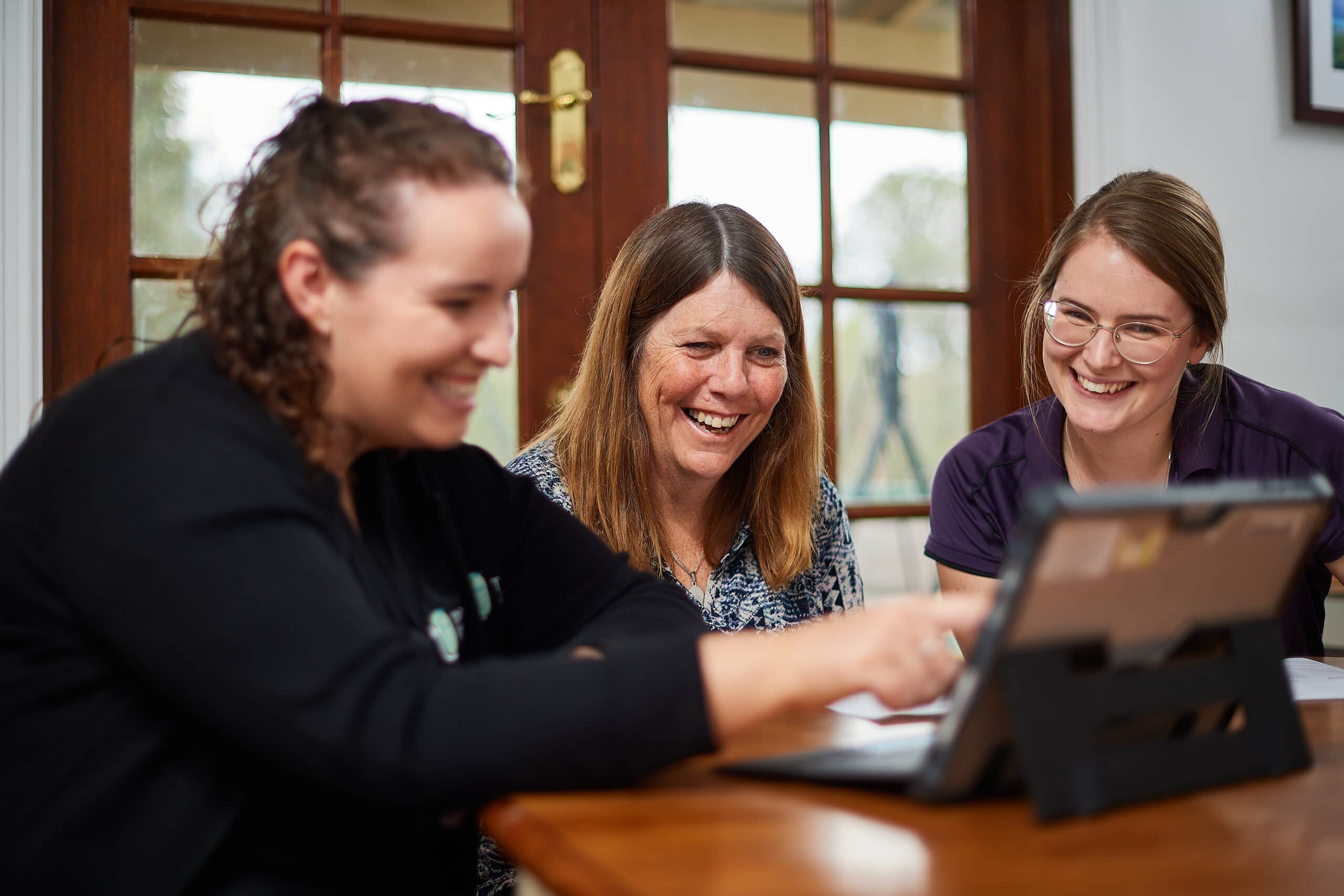Top tips for managing stress and anxiety
Stress and anxiety will affect all of us at some point, often during times of uncertainty or when we have experienced significant change. Whether it’s caused by factors in our own lives, the lives of our friends and family, or external factors, we need to take things one day at a time.
By following a few simple tips, feelings of stress and anxiety can be managed.
Focus on what is in your control.
Anxiety can trick us into thinking about worst-case scenarios in vivid and frightening detail. Having tools to break negative thinking spirals and gain control over this “stuck” unhelpful thinking is important. Why not try apps to address this such as Mello which is free to access?
Limit or avoid unhelpful social media and misinformation from unreliable sources.
Exposing yourself through social media to stressful events occurring in other parts of the world and in the lives of others, can be stress and anxiety inducing. These ongoing alarming stories can make us feel even more anxious and cause a physiological stress response. Social media has a reinforcing and addictive nature and is associated with anxiety and depression. Give yourself a break from social media where possible connect with nature, friends and family in person.
Do activities that bring you joy.
Think about what you love doing and do them instead. Read a book, watch your favourite TV show, go out in the garden and relax, do a home workout or call a loved one or friend.
Try to remain focused on the here and now.
Taking each day step by step rather than thinking about the past, which may make us feel sad or thinking about the future, which can cause us to feel anxious.
Be aware of negative thoughts creeping in.
Notice them but then step away from them. Do not give them power: focus on something else.
Look after yourself.
Eat well, sleep well and use things that make you feel relaxed. This could be listening to music, having a bath, reading, meditation, deep breathing, yoga or exercise.
Stay connected with loved ones.
Try to call or video call someone at least once a day and be kind and compassionate towards others. Make time to catch up with people in real life, go for a walk, enjoy a picnic together, grab a coffee.
Include movement and exercise in your routine where you can.
This could include walking, running or riding a bike, dancing, stretching, yoga, or doing a workout. You do not need to have a home gym or even any weights. Just do bodyweight exercises such as squats, push-ups, hopping, skipping – get inventive!
Talk about how you are feeling.
It is OK to feel a whole range of feelings – worried, confused, sad or angry. Try not to bottle these up until they become overwhelming. Talking to your friends and loved ones about how you are feeling can be very helpful.
Reduce expectations and pressure on yourself.
If you are stressed or feeling anxious – do not expect to manage at the same level as you usually would. Having realistic expectations of ourselves and of our loved ones during difficult times is important.
Try to find one thing you are grateful for each day.
This might be your family, pets, food, satisfying sleep, remembering something kind someone said to you, your home, technology etc. It does not matter how big or small.
Need support?
Our psychologists support people who experience social, emotional and mental health difficulties.



